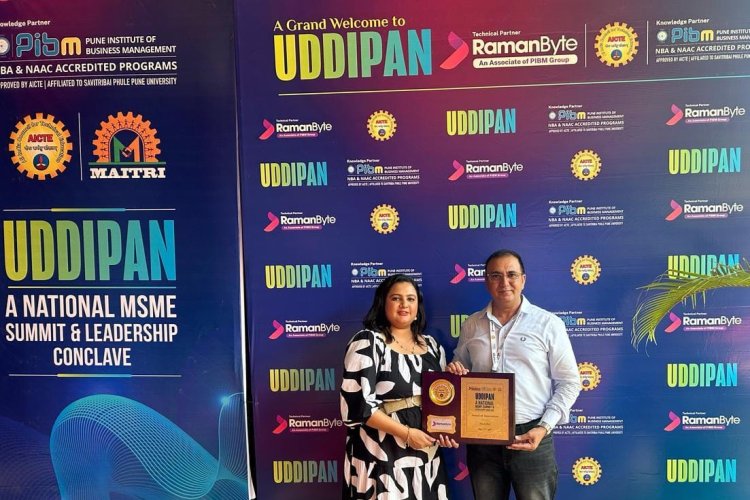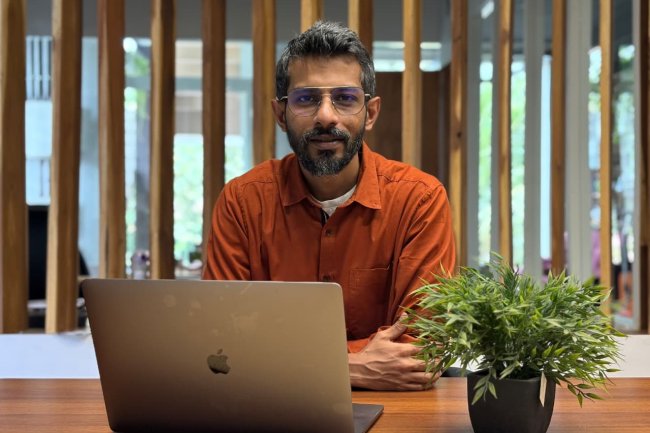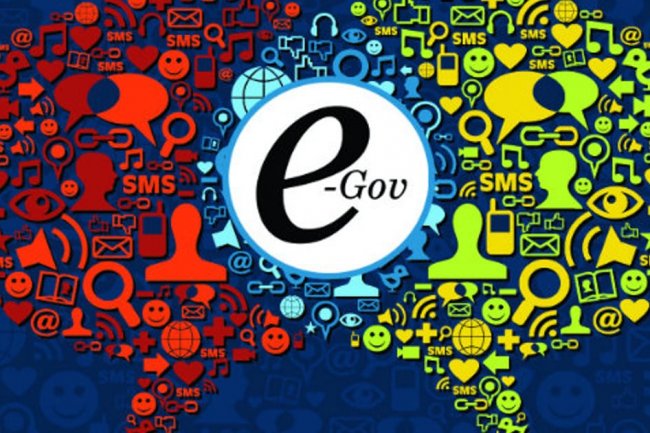Tariff Hikes and the Push for Self-Reliance: How ProcUrPal is Leading India’s Procurement Transformation

As tariff hikes continue to dominate global trade discussions, Indian enterprises are grappling with increased costs, disrupted supply chains, and renewed pressure to localize. But beyond the immediate challenges, tariffs highlight a deeper truth: India must build, adopt, and trust its own platforms to achieve sustainable self-reliance.
One sector where this dependence on global platforms has been most visible is procurement. For decades, Indian enterprises and government organizations have relied heavily on international procurement systems. This reliance not only amplifies costs but also undermines digital sovereignty — a growing concern in today’s geopolitically charged landscape.
ProcUrPal: A Made-in-India Alternative
Stepping into this gap is ProcUrPal, an AI-powered SaaS procurement platform designed and developed in India. The platform aims to make procurement smarter, faster, and more cost-effective, while reducing India’s dependence on foreign technology solutions.
ProcUrPal offers enterprises, government bodies, and global capability centers (GCCs) a homegrown alternative that meets international standards of security, scalability, and intelligence. By integrating AI into sourcing, auctions, supplier discovery, and negotiation insights, the platform enables organizations to achieve efficiency, transparency, and cost savings without relying on imported technologies.
The Visionary Behind the Platform
At the heart of ProcUrPal’s journey is Vikas Chadda, Founder & CEO, who brings over 25 years of experience across corporate leadership and entrepreneurship. Having served in senior leadership positions at Lenovo, Xerox, Sify, and Reliance, Chadda has managed large procurement ecosystems spanning BFSI, defense, manufacturing, education, and global enterprises.
His exposure to the complexities of both government and enterprise procurement inspired him to build a platform that addresses long-standing inefficiencies while aligning with India’s mission for self-reliance.
“Procurement is no longer a back-office function — it is a strategic lever. With tariffs reshaping trade, India cannot afford to rely solely on global platforms. ProcUrPal represents India’s ability to innovate, compete, and lead in enterprise SaaS,” says Chadda.
Recognition and Trust
ProcUrPal’s commitment to world-class quality and innovation has been recognized across industry forums. The company is:
- ISO 27001 certified, ensuring enterprise-grade data security
- A DPIIT-recognized startup under the Government of India’s Startup India initiative
- Recipient of the Innovative Leaders of the Year 2024 award by Business Connect Magazine
- Winner of the Best Use of AI in Procurement & SaaS at the India AI Summit 2024
- Honoured with the Award of Innovation at the National MSME Summit 2025
These recognitions validate not only the strength of the platform but also the broader message: India can build global-class SaaS products that compete and win on merit.
Tariffs as an Opportunity, Not Just a Challenge
While many businesses see tariffs as an obstacle, Chadda sees them as an inflection point. “Tariff hikes are a reminder of our vulnerabilities — but also of our greatest strength: India’s ability to innovate and lead. They can accelerate the adoption of domestic platforms like ProcUrPal, turning a global challenge into a national opportunity.”
By encouraging organizations to rethink sourcing strategies and invest in Made-in-India technologies, tariffs could act as a catalyst for India’s broader digital self-reliance agenda.
The Road Ahead
As India continues its journey towards becoming a global technology powerhouse, platforms like ProcUrPal exemplify what “self-reliance in action” looks like. With a founder deeply rooted in enterprise procurement and a platform recognized for innovation, ProcUrPal is not only solving operational challenges but also reshaping the narrative of Indian technology leadership.
The message is clear: the future of procurement does not have to be imported.
What's Your Reaction?





















